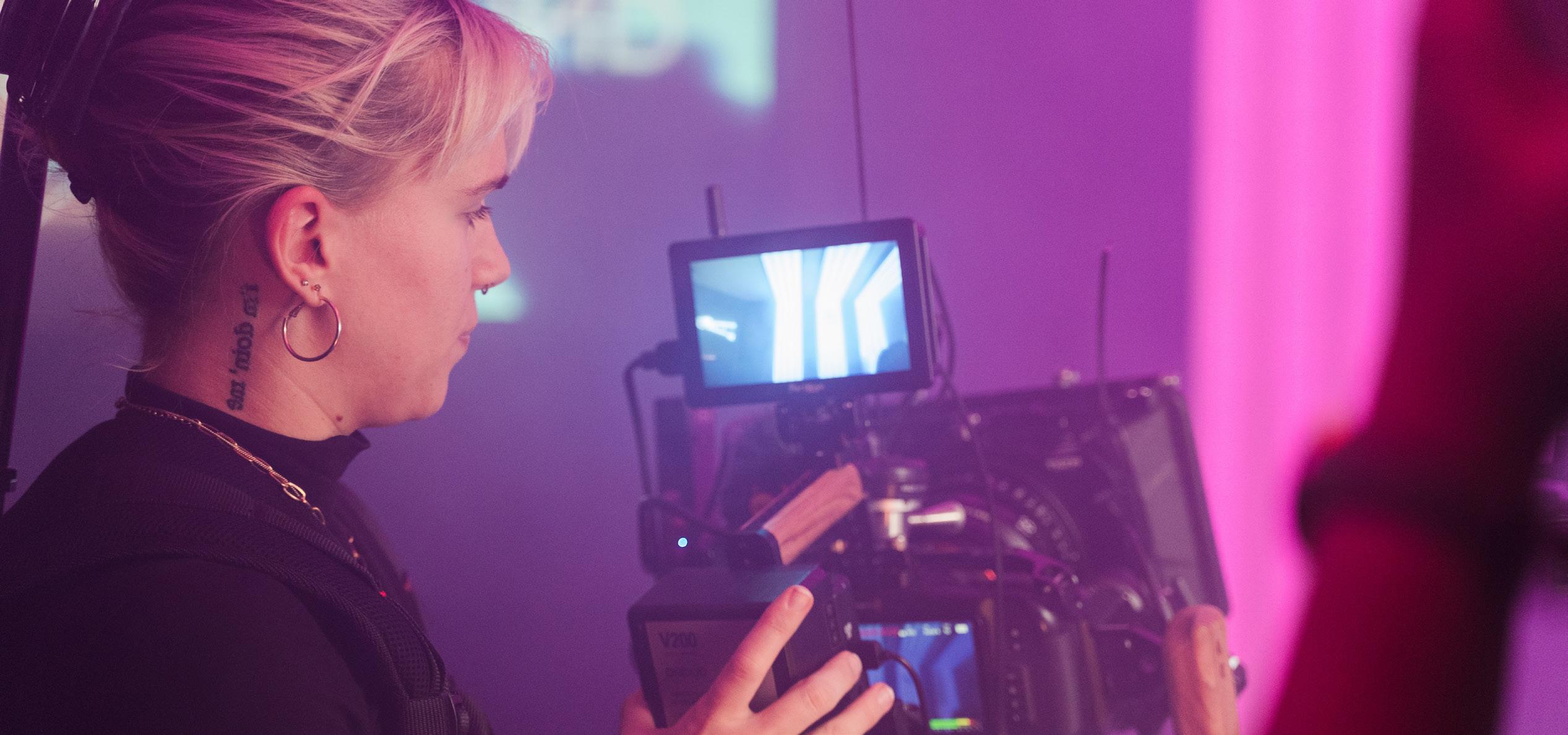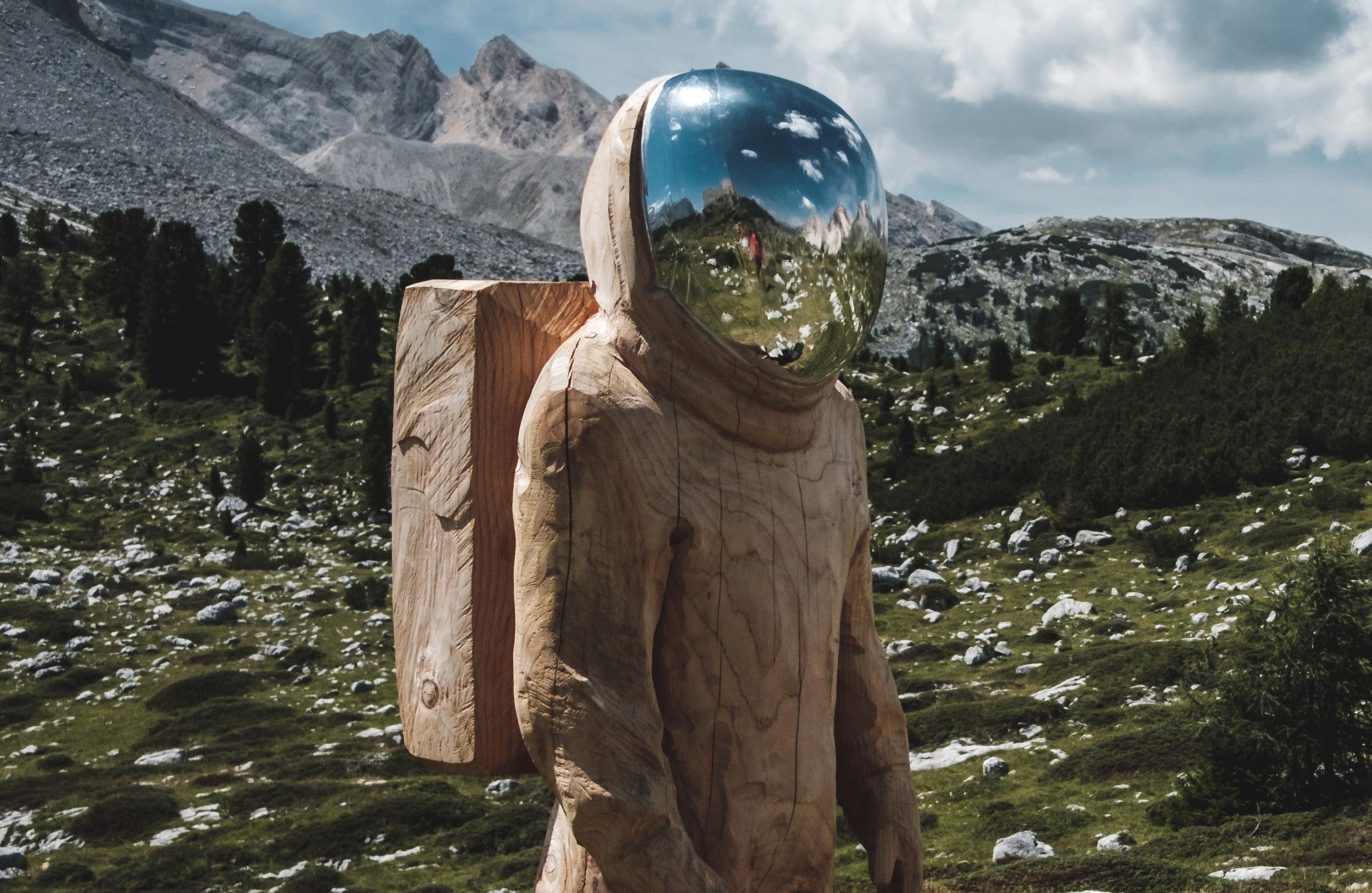
3 minute read
DUAL (2022
A Film Review
By Christopher Solomon
AMC+ is streaming the 2022 Sundance award nominee for the Grand Jury Prize, Dual, staring Karen Gillan and, well, Karen Gillan. The movie places the viewer in a near future where those medically terminal or wishing to end their lives can clone themselves to help ease the pain and suffering of their family and friends. The clone is touted as a gift from the departed. The movie explores what happens in the aftermath of a complete remission of the terminal illness and what happens to the clone afterward. When attempts to decommission the clone fail, a court ordered duel to the death must happen to see if the original will continue or the clone will assume the identity of the person from that point forward.
While many will agree that we are quite a distance away from human clones, it is an interesting view on the rights a clone would have, especially if the clone was made from a person, not just from DNA like Dolly the Sheep. This was a well thought out plot line as the clones were granted rights under the US Constitution through the 28th Amendment and a path, albeit a bit barbaric, to continue to exist in the world. It poses the lasting question to the viewers of what would a world be like if we could leave a sentient copy of ourselves behind? Maybe even more important is what would the ramifications be in that instance? In Dual, the main character is alive and replaced by the clone, and the family, while initially accepting, eventually fall back into their prior behaviors with the clone, and it touches on the issue of the clone feeling exactly like the original. It was almost, in the end, as if the clone was a novelty, or something that could be treated as “less than”.
One of the interesting twists that was touched on was a survivors group style meeting. This had clones and originals discussing the guilt and sense of loss that was plaguing the survivors of the duels. They were posing the question to the main character of co-existence of original and clone. These are topics that will need to be debated and decided as cloning technologies advance. If a clone is a direct copy, would there then always be reasonable doubt in legal issues? What could be the solution, knowing that a duel to the death between original and clone is more than likely out of the discussion as members of a moral society?
This also brought up thoughts about digital twins. This topic is quite popular now and needs to be looked at deeply regarding the security. As society gets ever more connected, we need to be discussing the 3rd order impacts of the technologies to attempt mitigation of issues beforehand as opposed to being reactionary. Things such as losing control of your digital twin through hacking, or loss of privacy due to the digital twin, or even who is responsible if the twin executes commands that it “thinks” the owner would want but that may be illegal. Should they only act based on the pre-programmed desires of the owner? Yet as computers become ever more powerful, could these digital twins become more aware and make decisions based on what they think the owner would want, or maybe even need?
While Dual is not well shot, scripted, or even acted–at times I was wanting to turn the movie off if I am being completely honest–, it did pose quite a few questions that were futures oriented and had moments that made you think outside the box. In summary, I would recommend watching it, even though it is not the greatest piece of film that has been shot.










